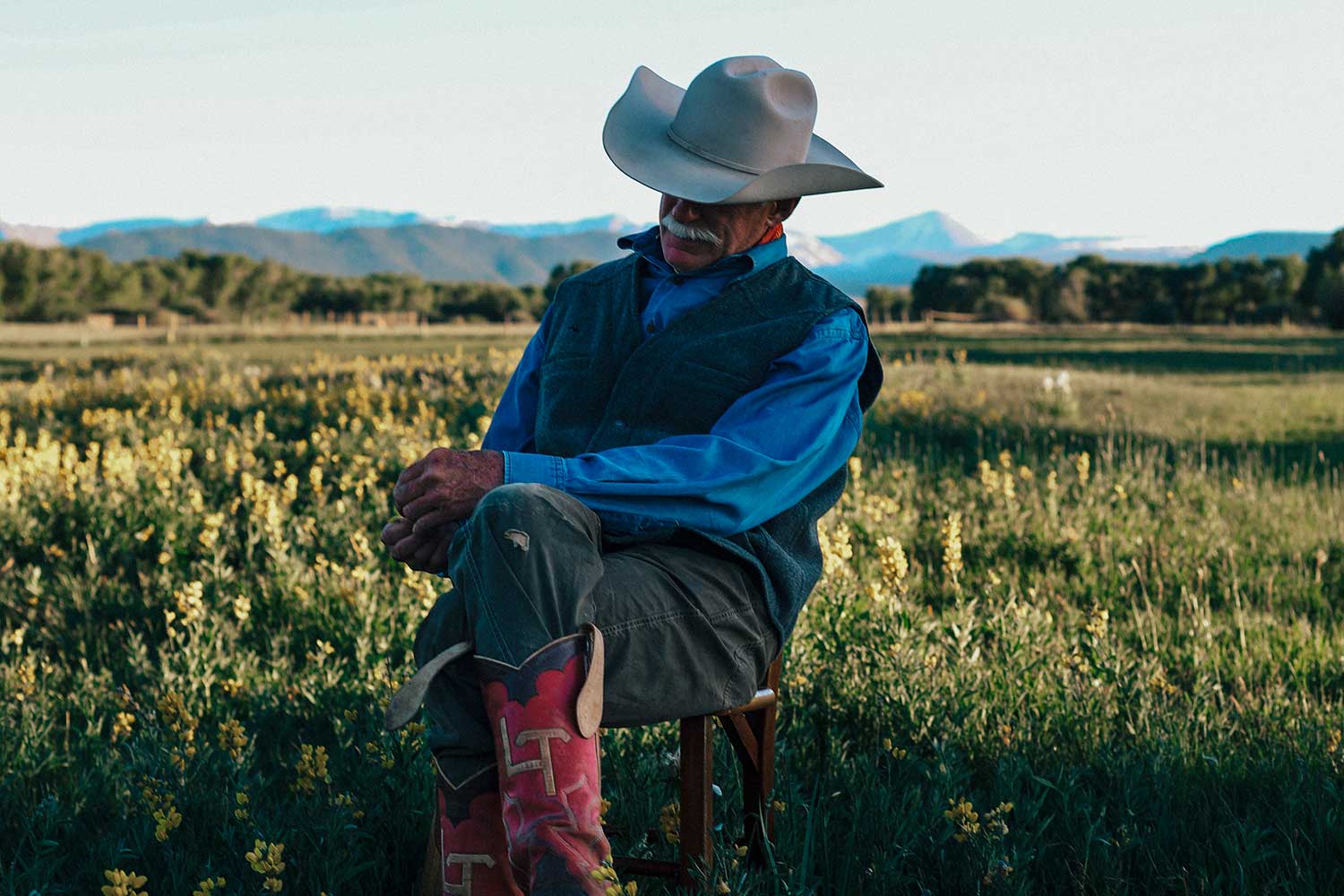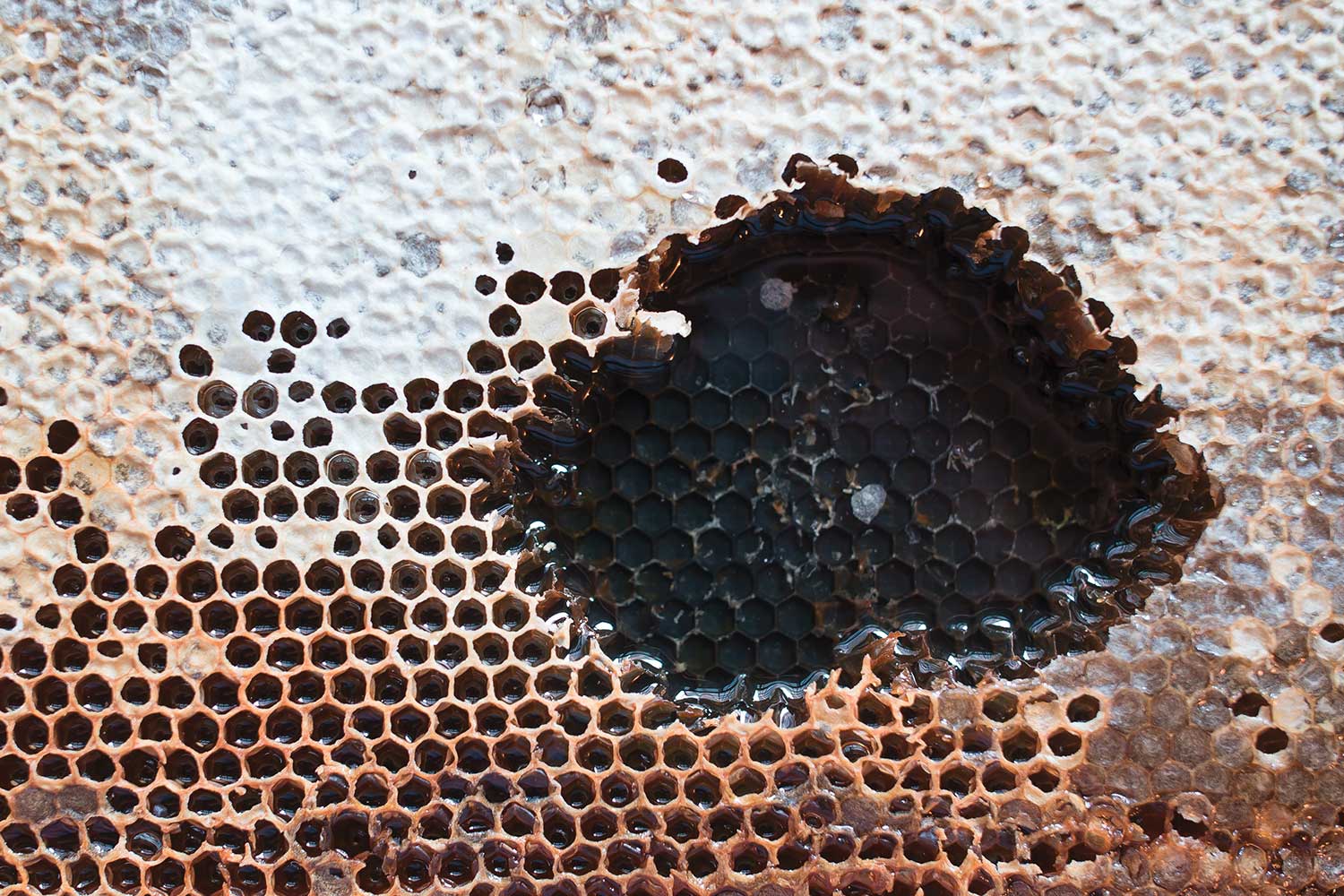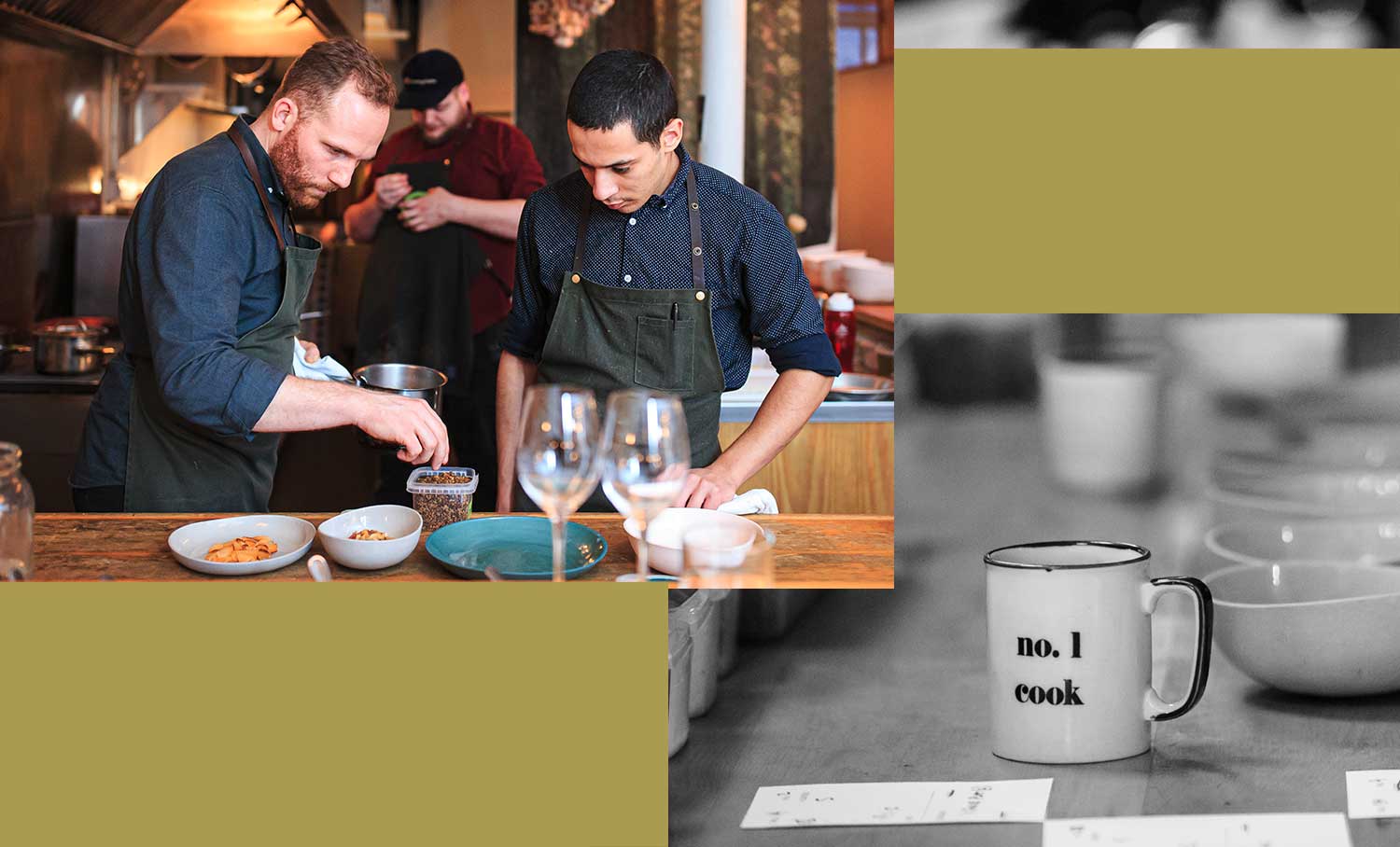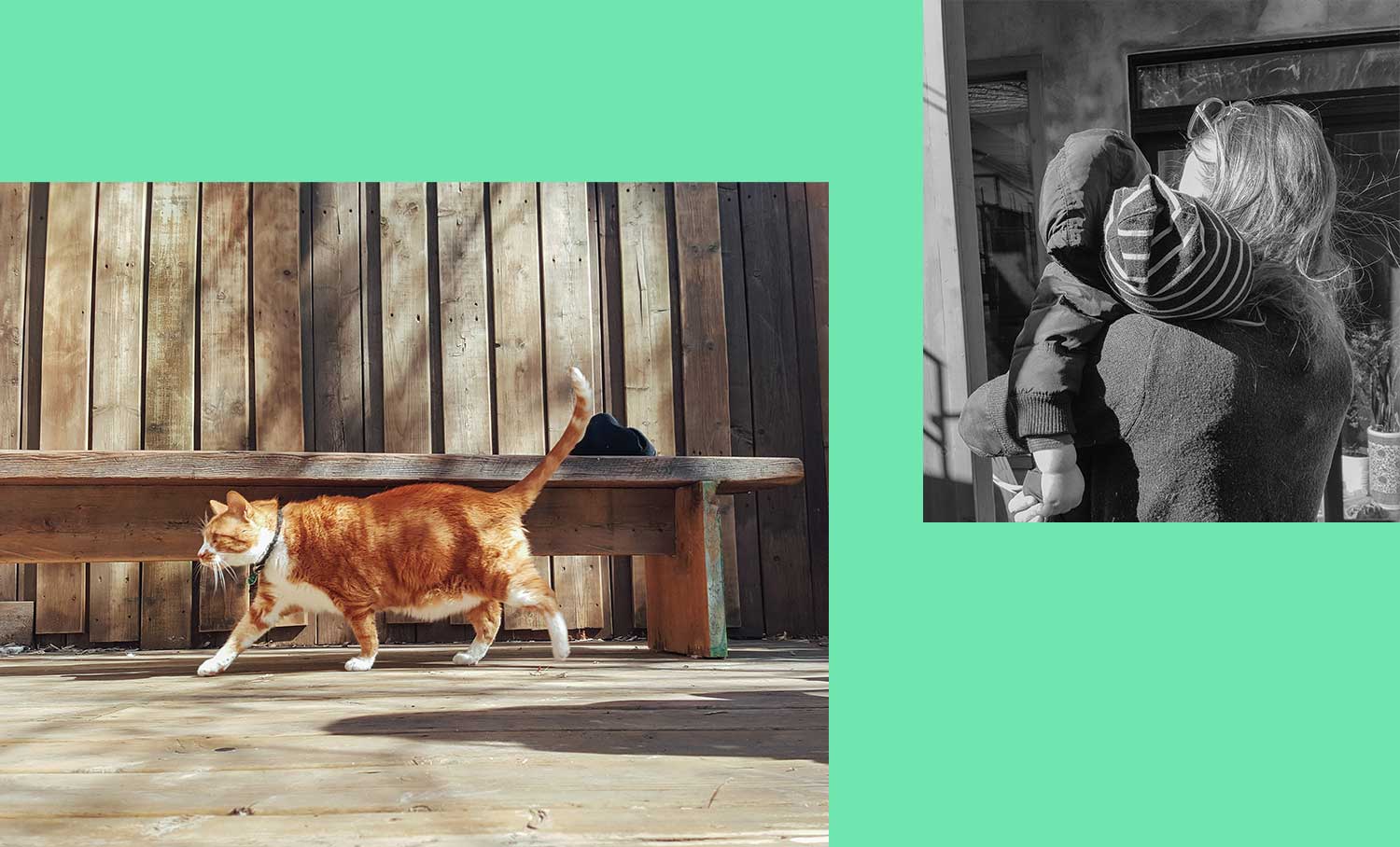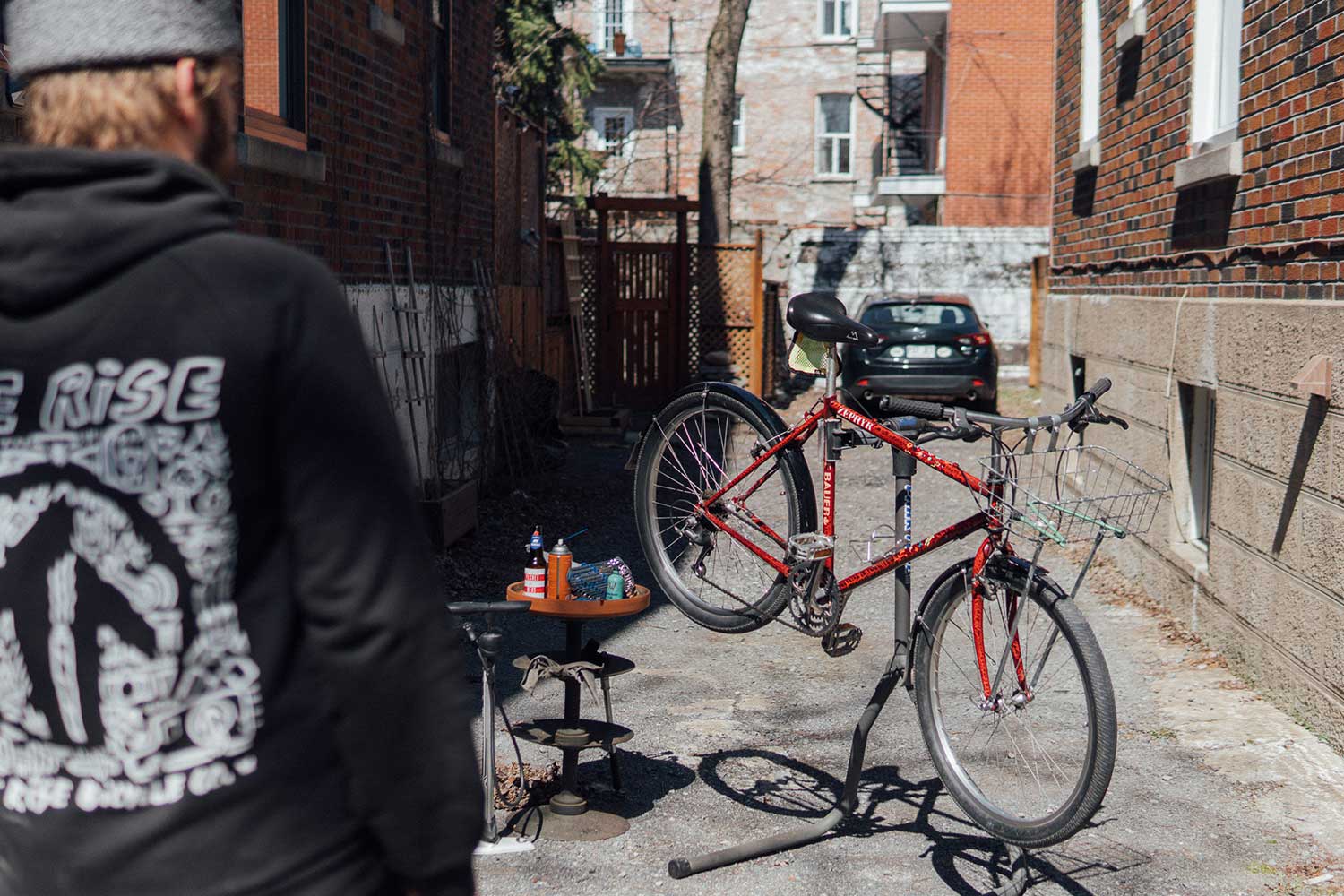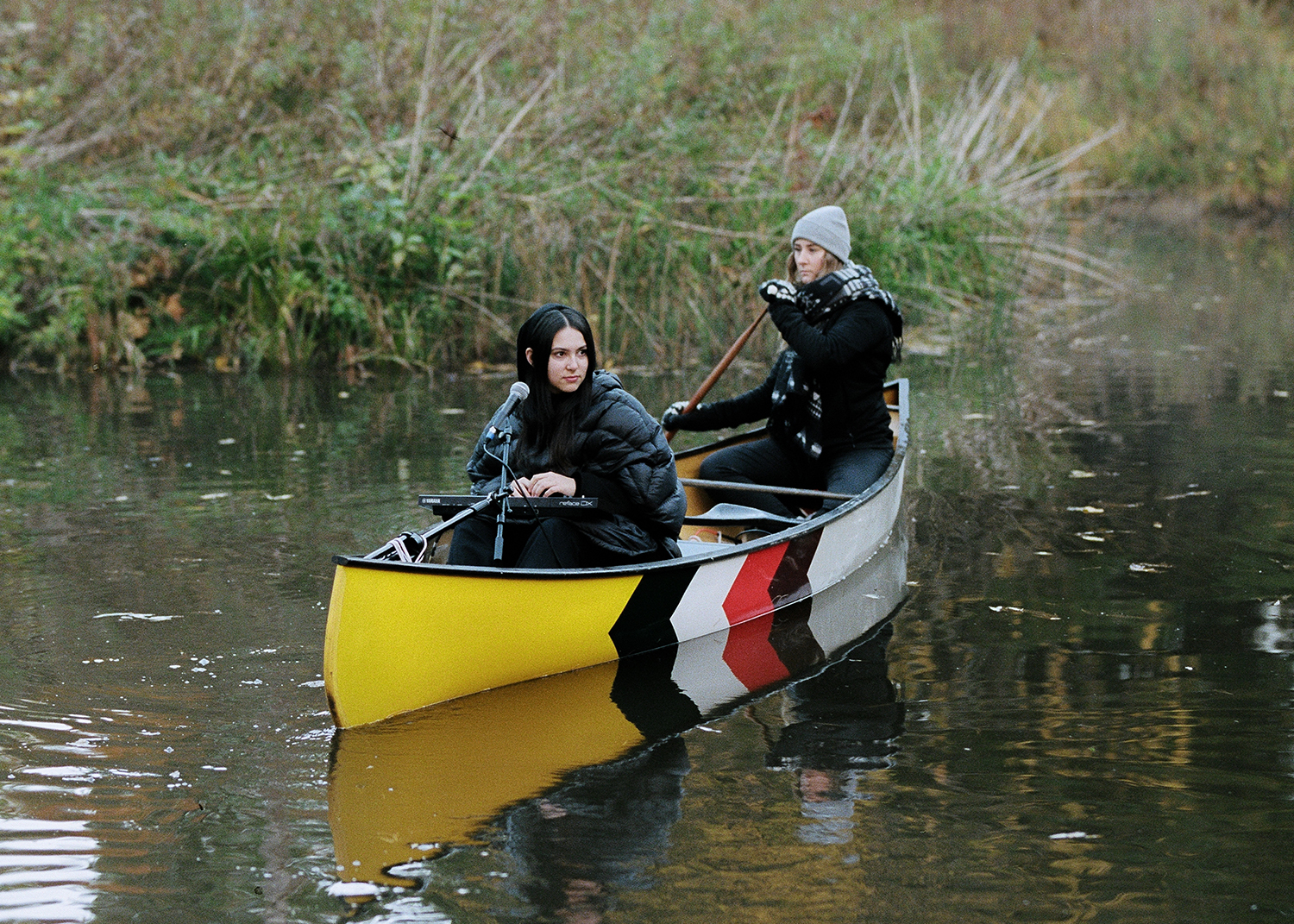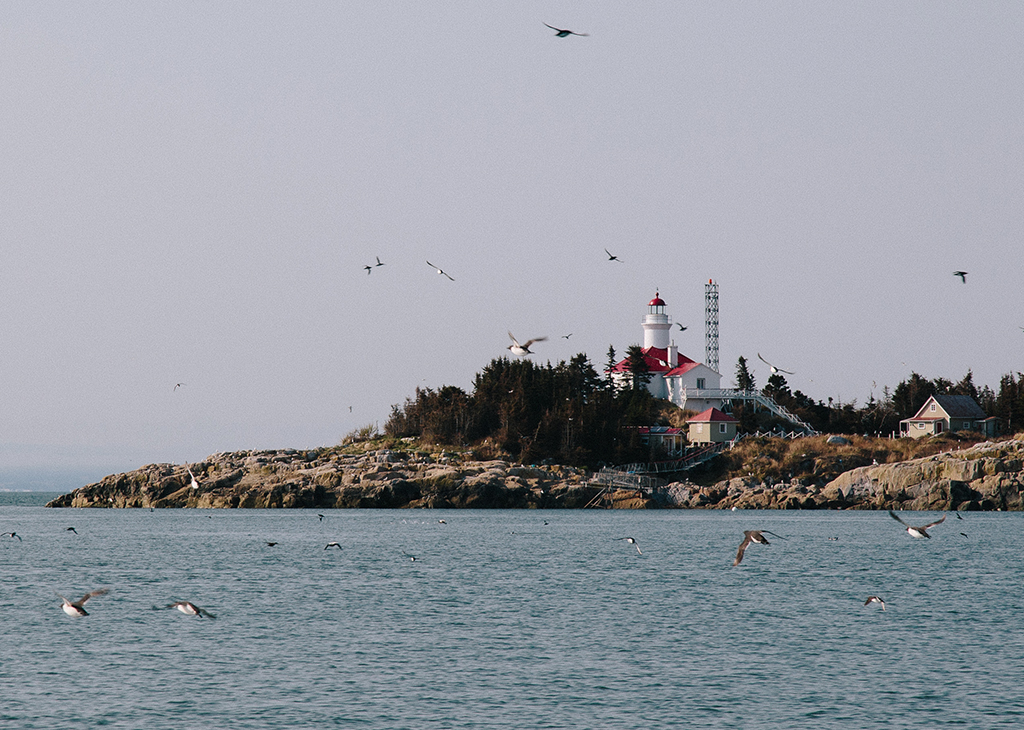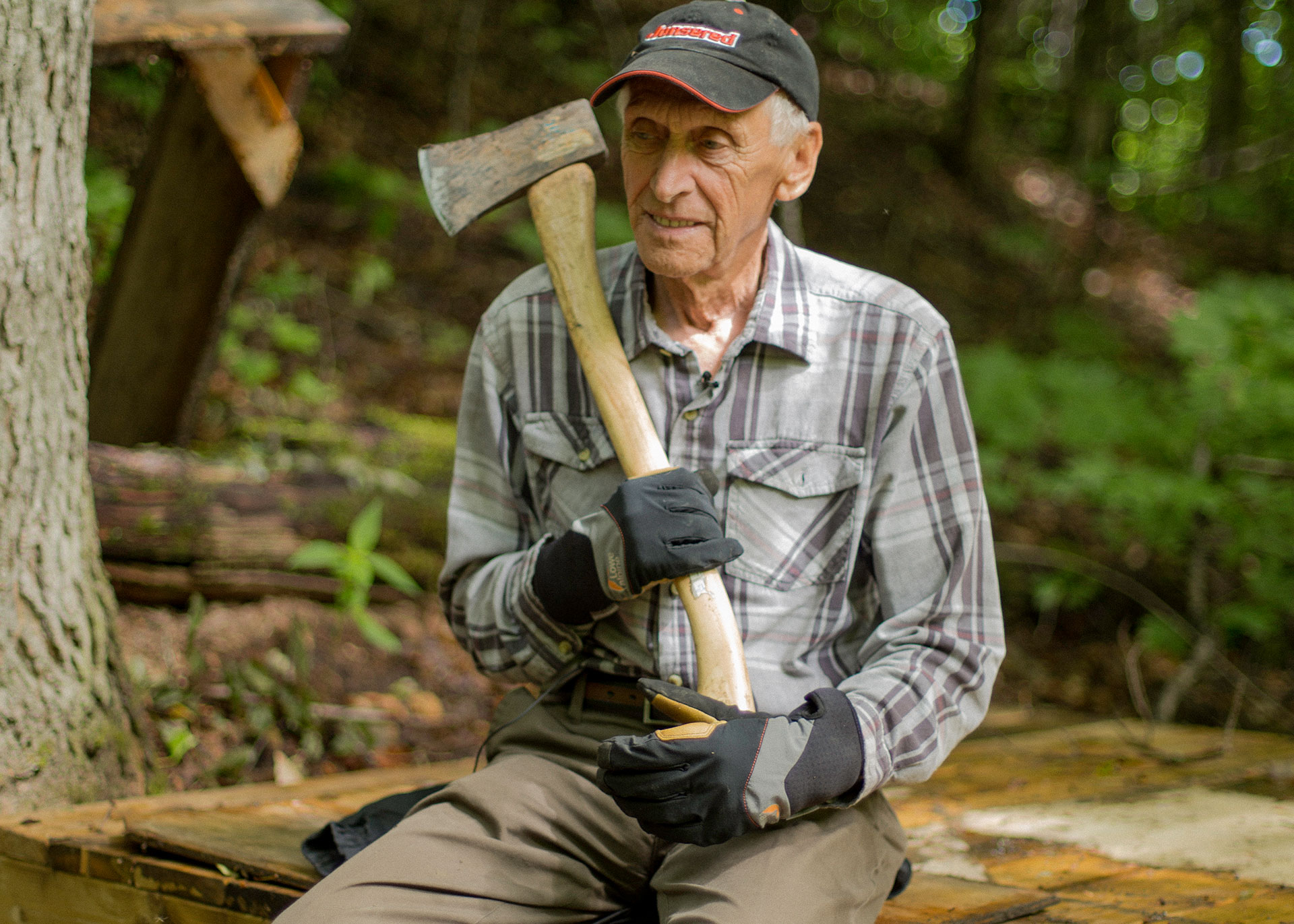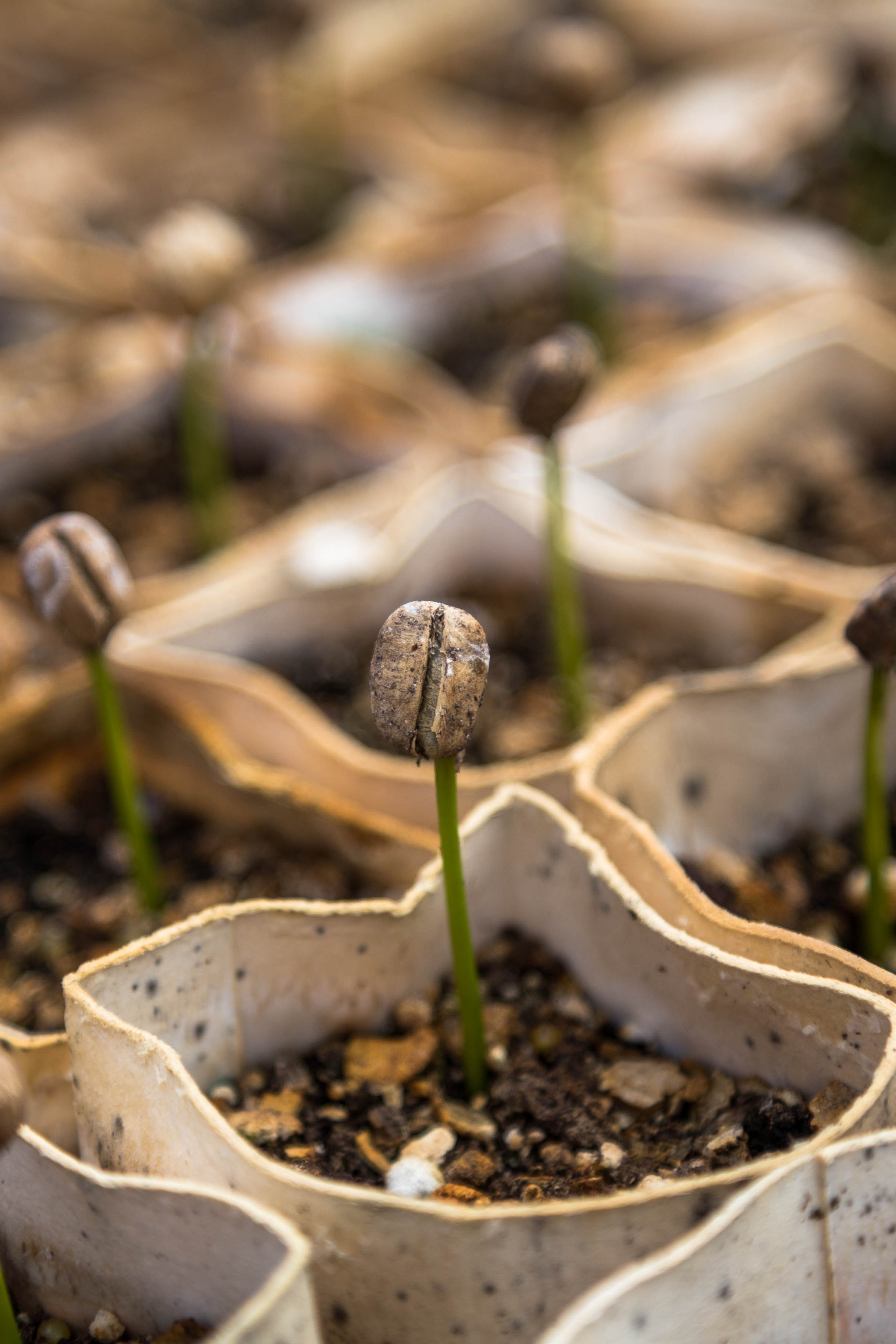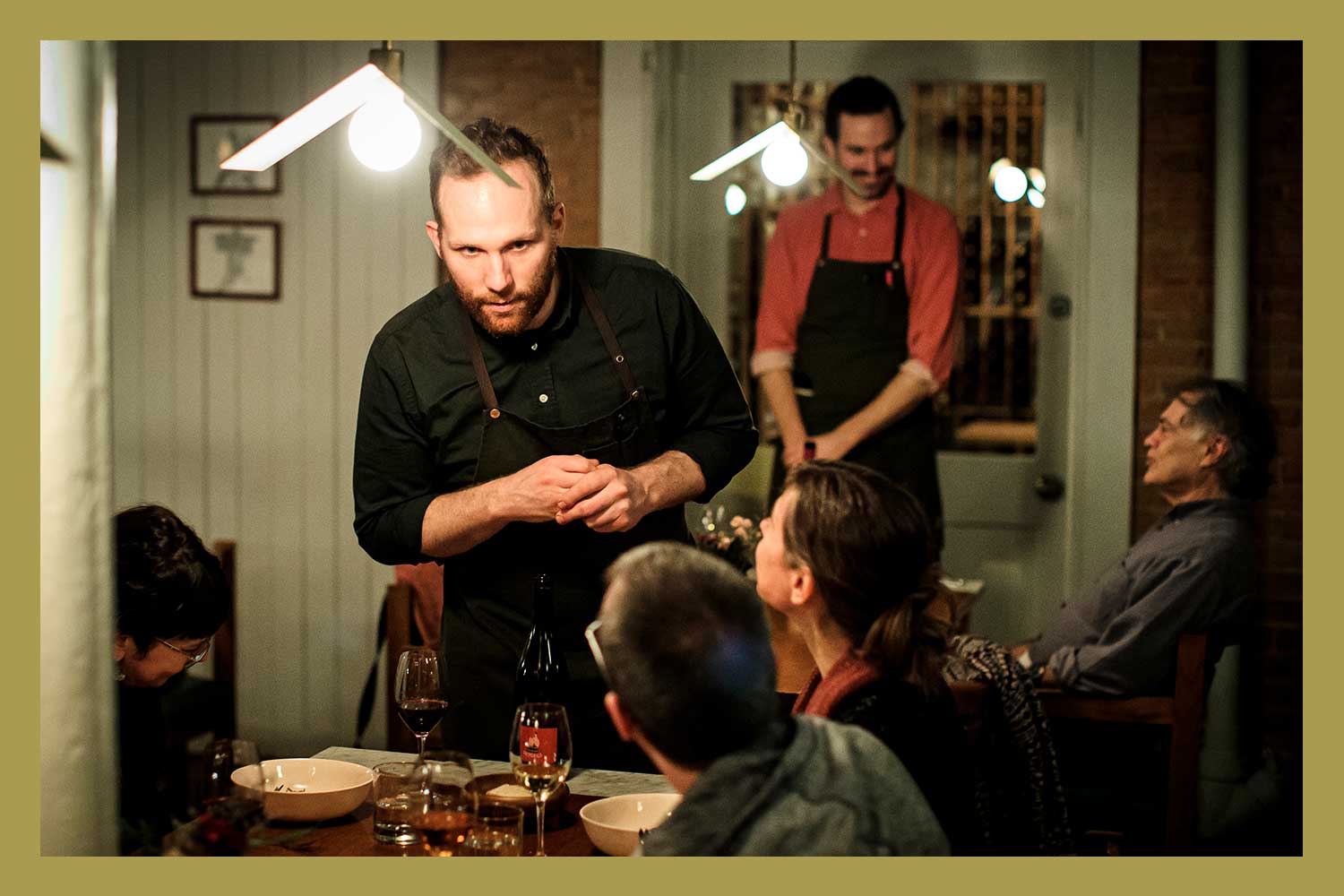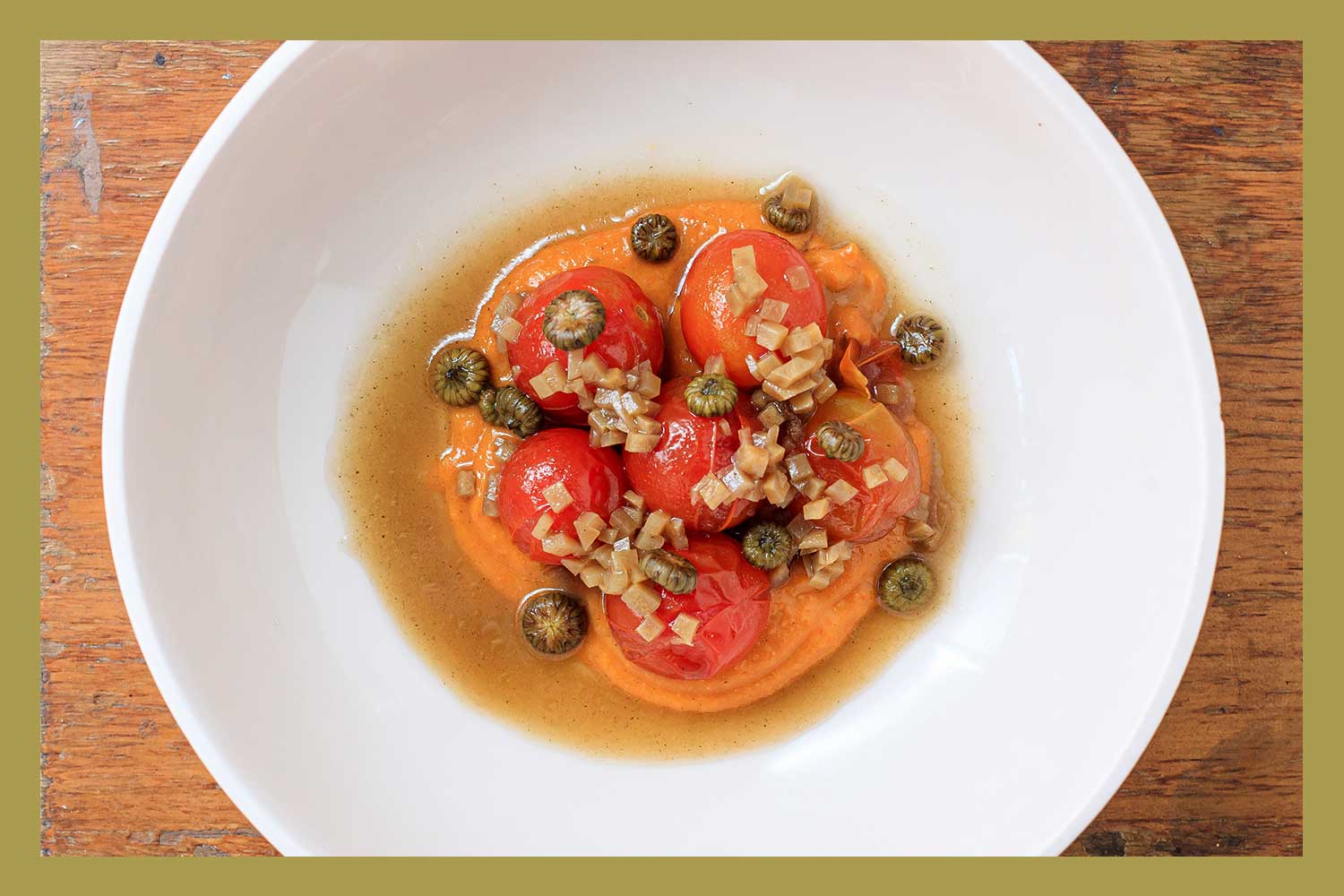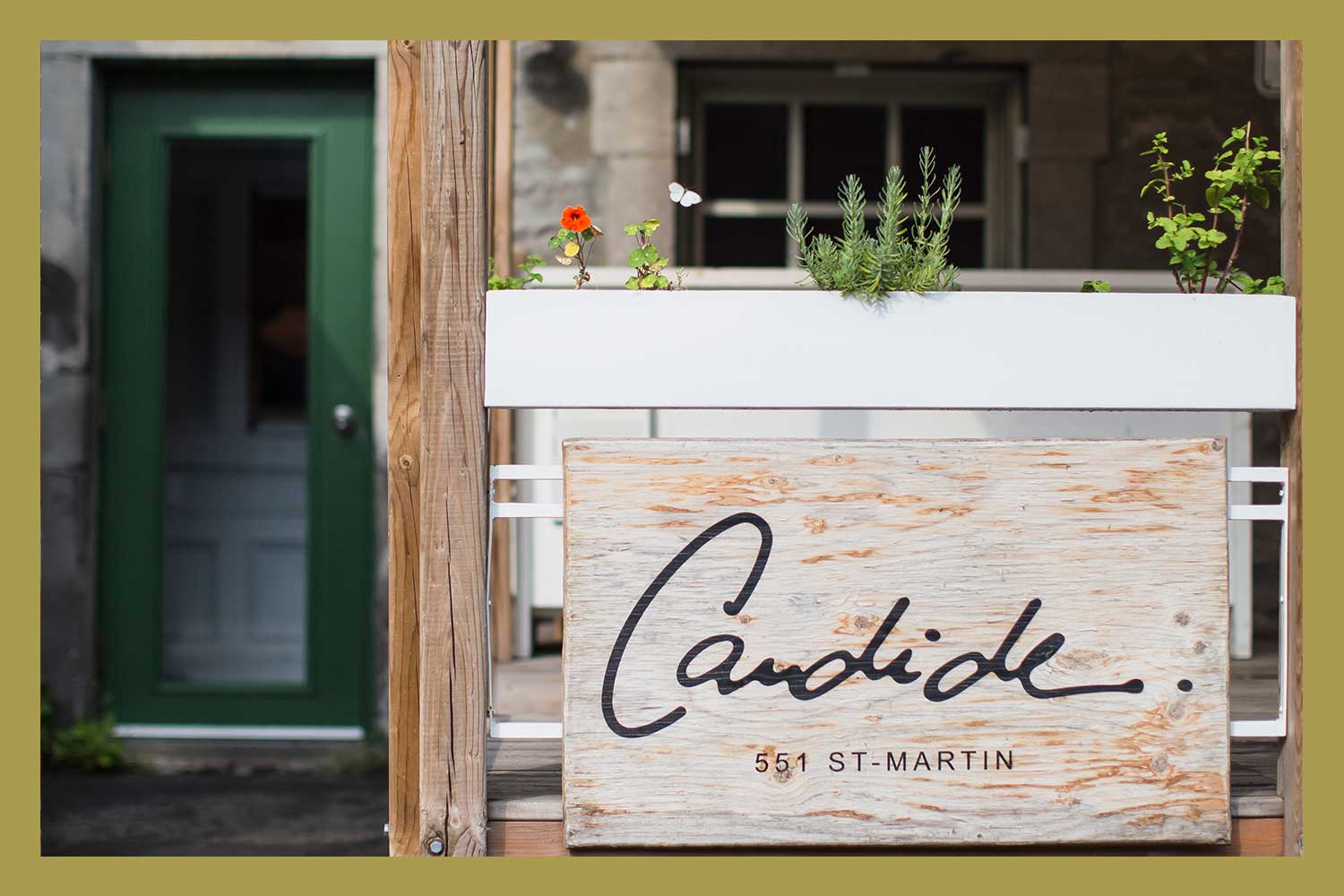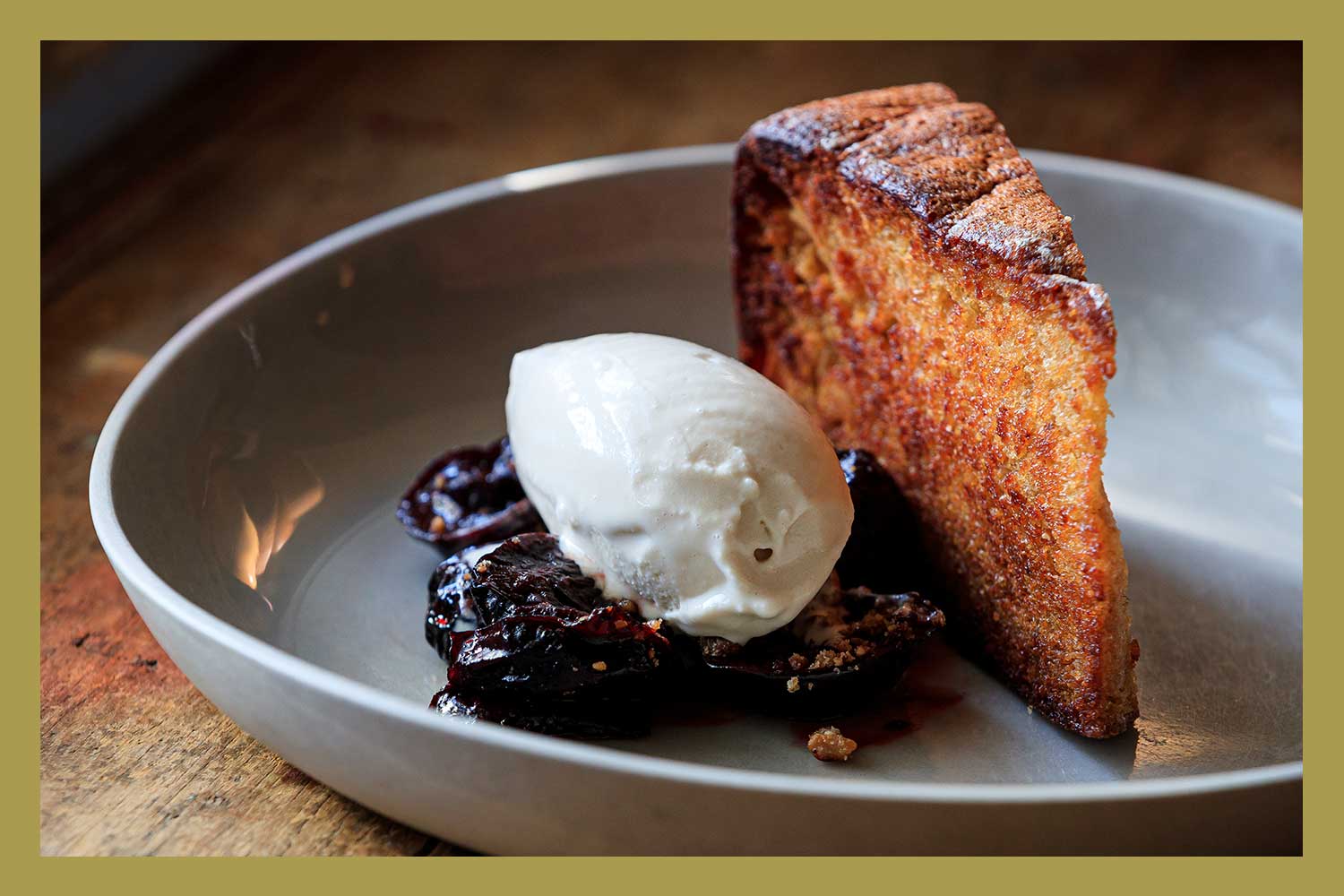Quarantine Letters
The Optimist
When I was asked to write this letter about what I was doing with my time in quarantine, I was preparing to talk about many things, like selling our beer and donating the proceeds to the Montreal Restaurant Workers Relief Fund, or the Les Cuisines Solidaires program I’m helping to coordinate with La Tablée des Chefs, or even why my restaurant Candide isn’t doing takeout or delivery.
However, in the last few days I’ve read two articles that have made me reconsider the subject of this essay: an incredibly heart-wrenching piece written by Gabrielle Hamilton—the chef and owner of Prune in New York City—for the New York Times, which I will not try to retell (you’ll just have to read it), and a piece in Eater Montreal that details the accusations against La Queue de Cheval for not paying their employees the last two weeks they worked before lockdown.
You should go read both now, then come back to read the rest of this article.
Go ahead, I’ll wait.
On one hand you have a powerfully empathetic, selfless, ethically sound woman—and arguably one of the best restaurateurs of the last two decades—and on the other a man who is greedy, selfish, and clearly corrupt. Their only commonality is that they have no money, despite having run their restaurants for years. This will certainly not be the first time you’ve heard this, but the restaurant industry is broken. High bankruptcy rates, little to no profit margins on average, and stagnant wages for workers—I would argue that this broken state of affairs describes not only the restaurant industry, but most industries. How can it be that someone like Gabrielle Hamilton could have been doing “everything right” and yet still be in such a precarious financial position, while Peter Morentzos has done “everything wrong” and still be in business? Why does this matter?
We’re in the middle of a global pandemic and a global recession. People are dying by the thousands, so who gives a shit about a couple of restaurants?
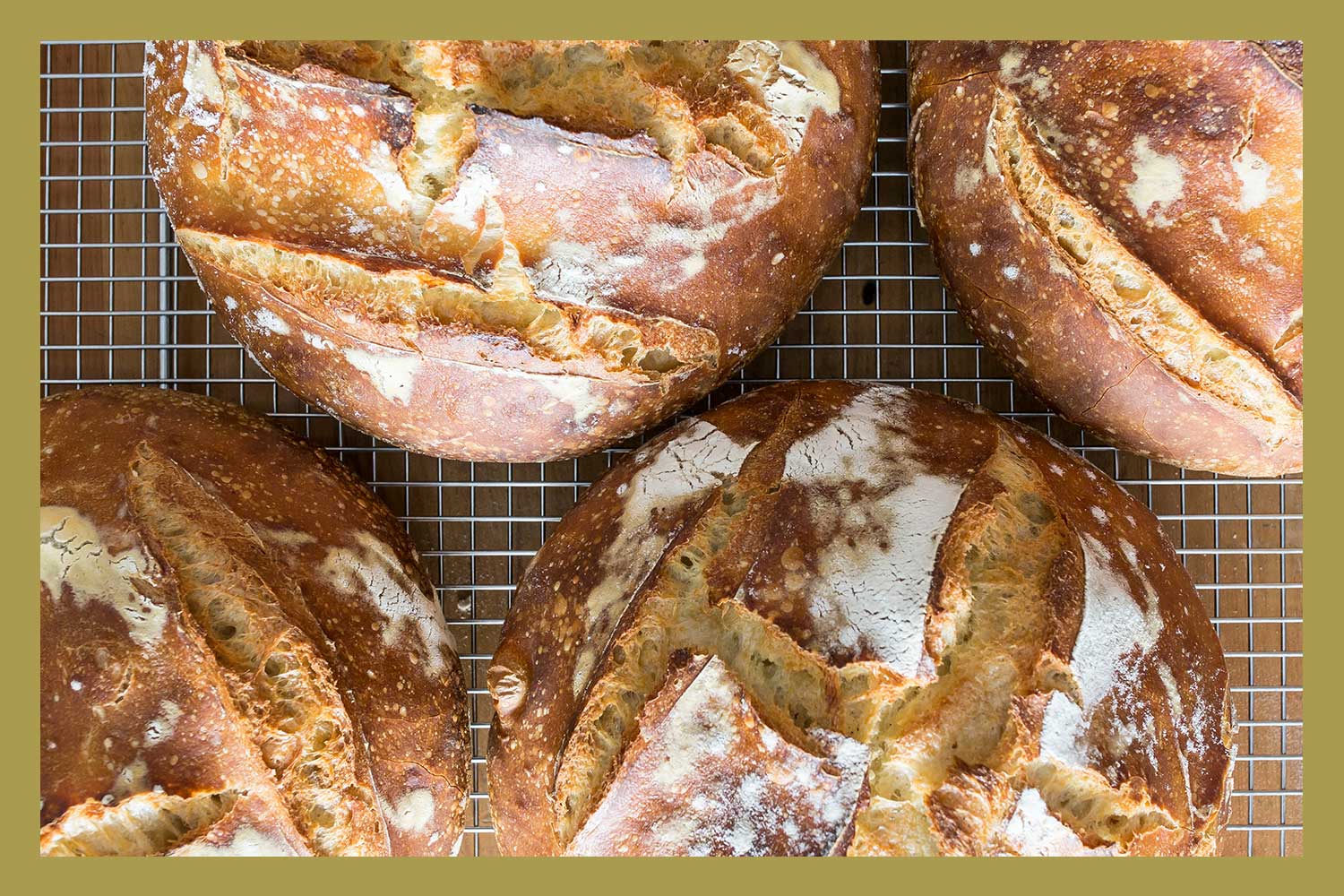
The reason is that for the first time in our collective lifetime, everything has been put on pause. Instead of the majority of us running around, trying to survive and feed our families or living our lives to the fullest, we have been sequestered.
We will now have months to think, to reflect, and to try and understand how we got here and what the hell we are doing! We should come out of this wanting to build a society where our shared sacrifice means a better world for the future.
I can imagine some of you think, “That’s all very nice and fluffy, but how?” And that’s always the question: how?
I certainly don’t have all the answers, but this is a radical time, and it calls for radical ideas. So here goes nothing. We could eliminate income inequality so that the power that money holds is distributed among more people. It would require more collaboration between more people. More empathy, more community, more of the high values we are taught as children.
We cannot wait for the government to do something, or for the billionaires and millionaires to grow a conscience.
We can implement a policy of transparency, in which we’ll hold each other accountable. We, as leaders and business owners, will not allow ourselves to make more than twice as much money as our lowest-paid employee. We don’t succeed unless everyone succeeds, and we are held accountable by those employees. Every year we internally show each one of our employees our tax returns.
This will build trust in our businesses. It should slow the rate of turnover, because more people will want to stay at a job where they are treated and paid as equals and less like they are being taken advantage of for the benefit of the owners (or shareholders). This will subsequently lead to more people with disposable income who up until now could never have supported small businesses like Prune. Supporting small businesses is of course not the only advantage; people who receive proper compensation for their time don’t need to work exhausting hours. They will be able to engage in their civic responsibilities, or contribute to social enterprises which are equally important for the social and environmental future of our communities and economies.
In terms of how this affects us as business owners, there would be more clients with the means to buy products that are produced in a more equitable fashion. That would allow us to pay other ethically strong businesses what their products are worth. It would lead to real estate companies not greedily hiking rents, and that in turn would likely put small businesses in comfortable financial situations rather than precarious ones. Over time, the people who would rather hide their own incomes and hoard their wealth—and who selfishly take more than their fair share of the preverbial pie—will be unable to find people to work for them. They will either have to change their ways, or make way for people who are willing to do so.
This is not THE solution, this is a conscious change to our perspective to make the world a better place and to temper the greed and avarice that have run rampant for far too long.
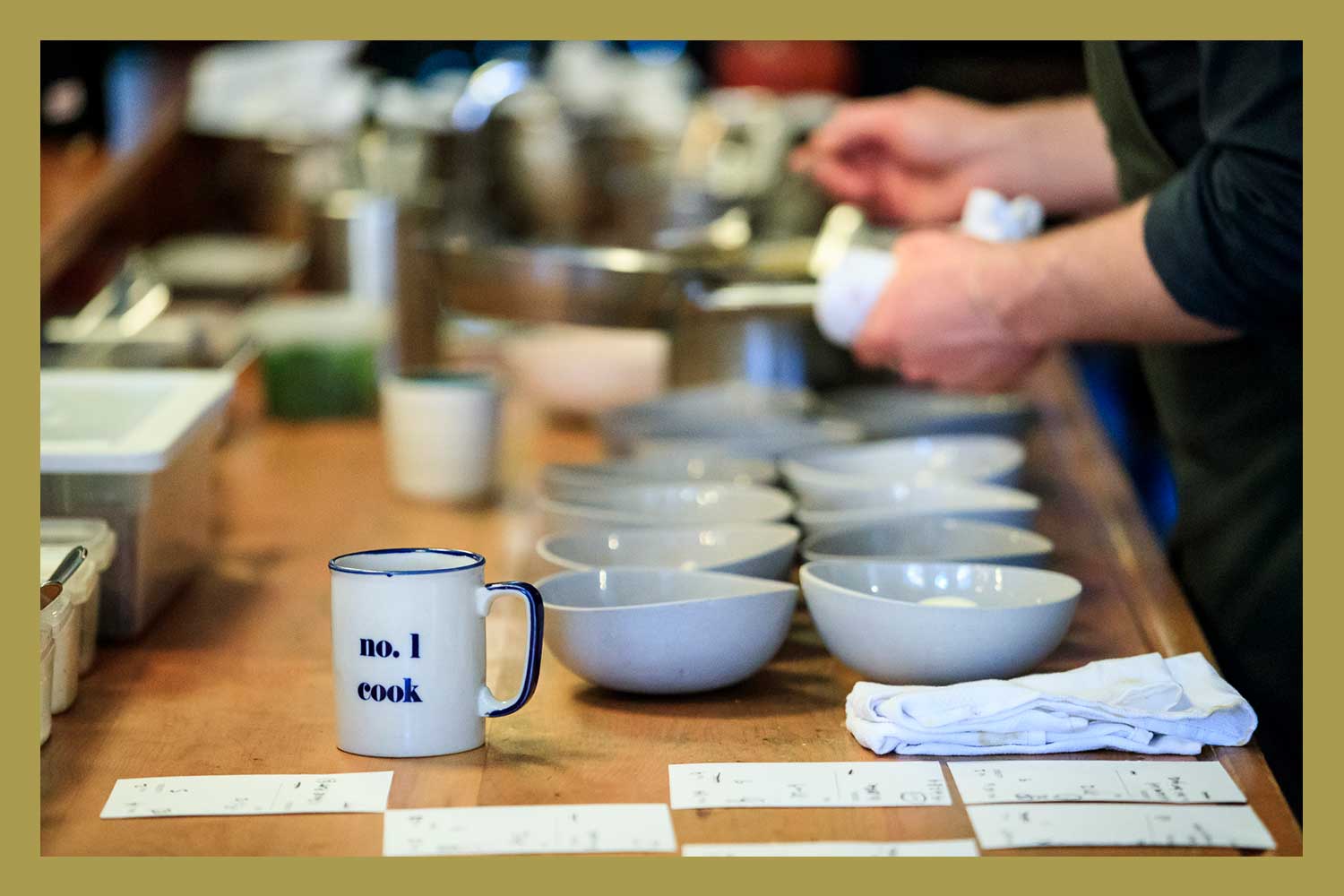
Businesses should be thought of as social tools for people to make a living, build their dreams, and support their families. Not as tools to amass wealth for a select few.
I could not ask of someone something I am not already doing myself. Since Candide’s inception, this principle has been built into every facet of our business. In every transaction we conduct, we create a relationship that we want to cultivate over time. We want everyone in our supply chain to grow together so that we are not in competition, but in collaboration, and so that nobody is made more vulnerable as a result of the work we do together. I am happy to say that in the almost five years that we have been open, we have never been in a better place than when we were forced to close to help flatten the curve.
We are going to be back when quarantine is lifted, and I will be sharing my tax return with my employees. I am willing even to go a step further and share it with you.
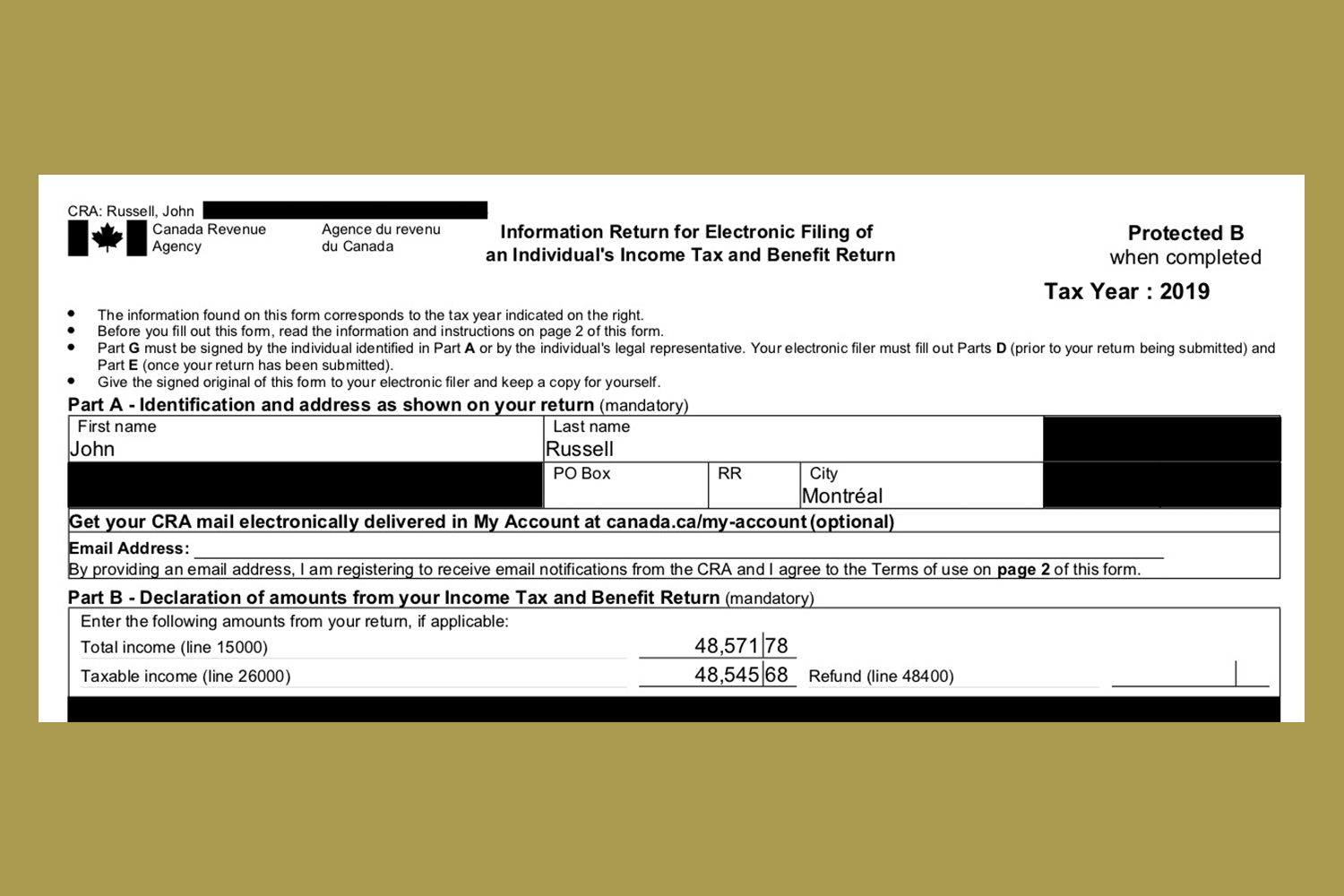
The last line in Voltaire’s Candide is: “We must cultivate our garden,” meaning the small place we make better through our love. I know I’m a dreamer, that this is naïvely optimistic, but I named my restaurant Candide so I may as well try and live up to that principle.
Candide
Definition (in French): Who shows great ingenuity going as far as gullibility.
